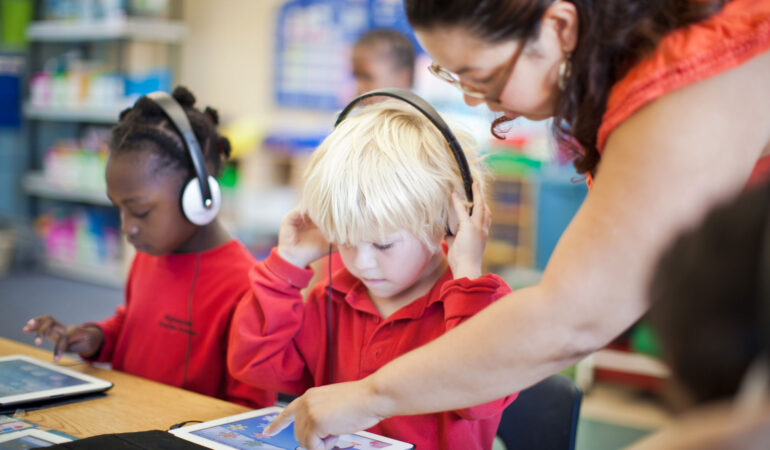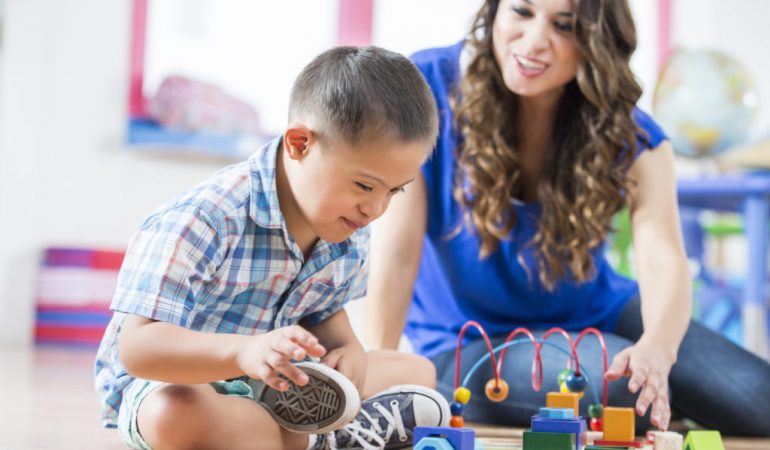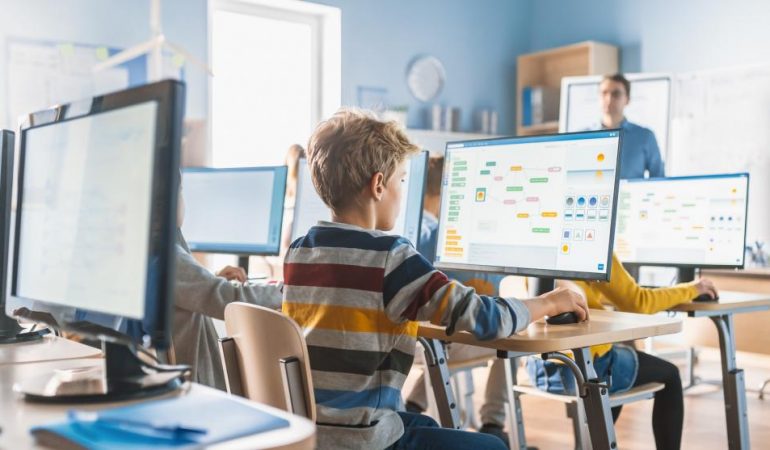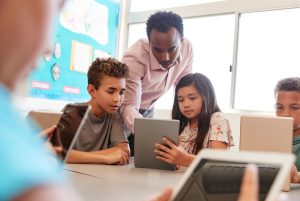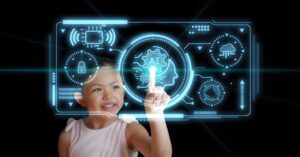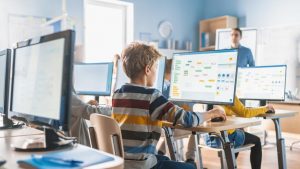Basic Competencies In Adult Education
Description:
The Erasmus+ Adult Education Trainer Empowerment Course is an intensive and interactive program designed for trainers specialized in adult education. This course aims to provide participants with in-depth knowledge of adult learning theories, effective communication, group dynamics, and various teaching methods. Additionally, it empowers participants with skills and competencies applicable to their cultural contexts.
Focus Areas:
Modül 1: Adult Education Fundamentals
- Basic principles of adult learning and differences from child learning.
- Factors motivating adult learning and strategies to enhance motivation.
- Adult Learning Theories: Behaviorism, Cognitivism, Constructivism, and Transformative Learning.
Modül 2: Communication and Group Dynamics
- Fundamental principles of communication and effective communication strategies.
- Group dynamics and management for sustainable learning success.
- Communication with cultural and gender sensitivity.
Modül 3: Methods of Adult Learning and Education
- Various teaching methods for adult learning.
- Cultural appropriateness in method selection.
- Applied teaching methods: role-playing, simulation, interactive workshops.
Modül 4: Guidance and Counselling in Adult Education
- Basic principles of guidance and counseling.
- Recognizing individual learning needs and providing appropriate guidance.
- Coping with participants in challenging situations and adopting a solution-focused approach.



